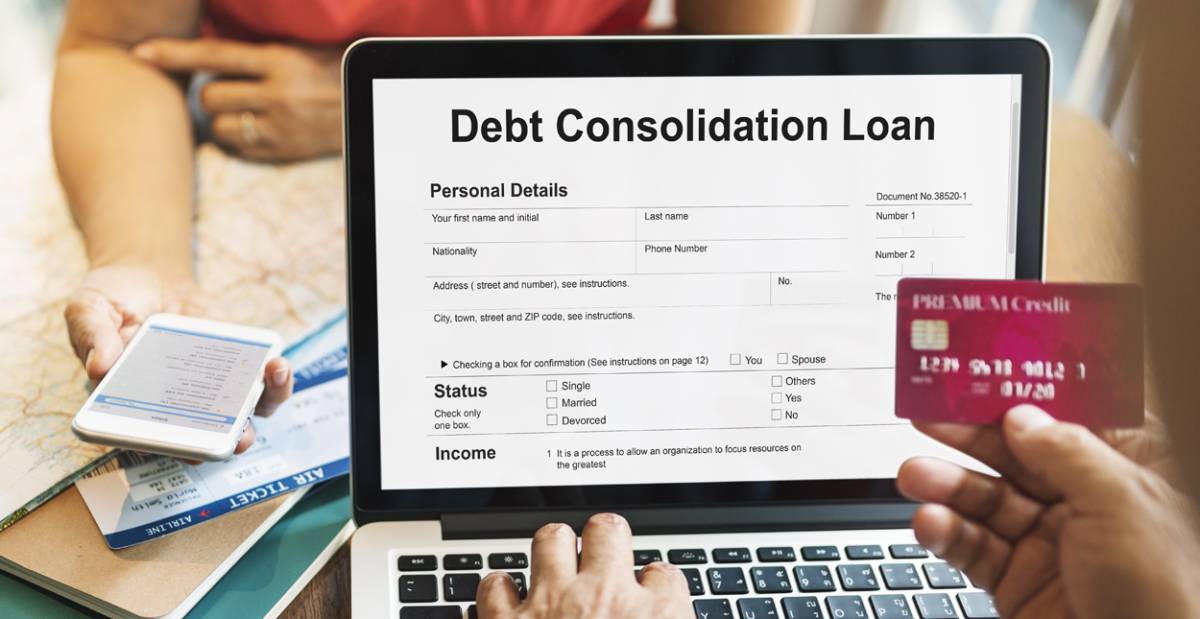How Do You Get the Best Rates for Credit Card Consolidation?

Credit card consolidation in particular can save you a lot of money if you're getting a lower interest rate on the new loan or credit card, the latter if you're transferring balances to another card.
However, when considering consolidating your credit card debt, there are many factors you want to consider since the lending companies will also be considering them.
Here’re top tips that’ll show you how you can get the best rates for credit card consolidation, and help you get out of credit card debt more quickly.
Prequalify
First, try for pre-qualification to get an idea of what loans and interest rates you may end up qualifying for. This can help you figure out whether you need to build your credit further before applying for a credit card consolidation loan, because your credit score will be a big factor in the type of loan and terms you can get.
If you don't prequalify, you may find yourself disappointed with your options, and consolidation may not be worth the time or fees.
Balance Transfer Credit Cards
This strategy allows you to move several balances to a new credit card, usually with an introductory interest rate of zero percent for a certain time period. Typically, you’ll be offered zero-percent APR for 12 to 21 months, and you can save a great deal of money if you pay off your balances within that promotional period.
However, if you don't make your minimum monthly payments, or if you continue to hold the balance after the introductory interest period, that balance may accrue interest and penalties. Still, balance transfer cards offer among the best rates for credit card consolidation if you can pay your balance off before the end of the introductory period.
Consolidation Loan
You could merge multiple debts into a single loan to lower your monthly payment by acquiring a personal loan, either secured or unsecured.
On a secured consolidation loan, you must provide collateral to the lender. Typically, on a secured personal loan or secured consolidation loan, you may be able to get a lower interest rate, a longer loan term, or a combination of both.
If you apply for an unsecured personal loan, the average interest rate you can expect is around 9.34 percent, but it can range from 7 percent to 36 percent, depending on the lender and your credit score. The average interest on credit cards is 16.43 percent, and again, yours may be higher depending on your credit score and payment history.
Therefore, a debt consolidation loan or personal loan could save you a great deal of money, depending on loan terms and the interest rate.
A strong credit score will help you qualify for lower rates on a debt consolidation loan. Also, your debt-to-income ratio can be a huge factor in qualifying for one. Your debt-to-income ratio is how much of your gross income you put toward paying your debt.
If your ratio is 43 percent or higher, you probably cannot be approved for much lower interest rates than those that you have on your credit cards at the current time.


















![Cycling Outdoors: How to Ensure Your Safety on Bicycle Trips [node:title]](/sites/default/files/styles/video_thumbnail_bottom/public/river_bike_bridge_water_man-35713.jpgd_.jpg?itok=AH16Gc3d)

